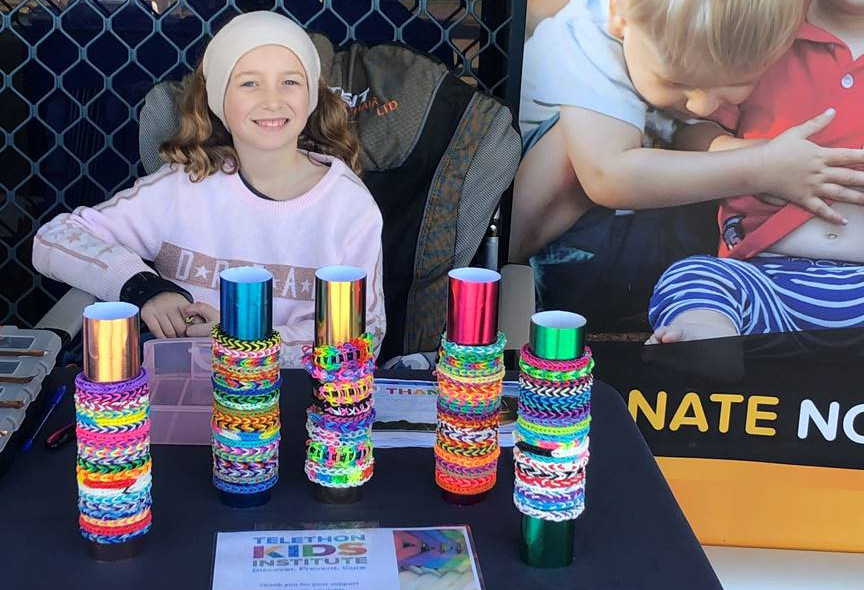Search
Showing results for "Au"
Research
A massive hit that targets kids quite a bit: Where and how Australian school children see energy drinksEnergy drinks (EDs) are not recommended for children due to their high caffeine content and adverse health risks. Their popularity among children may be due to children's exposure to ED marketing. This study aimed to identify where children have seen ED marketing and whether they believe ED marketing targets them.
Research
Beyond Plants: The Ultra-Processing of Global Diets Is Harming the Health of People, Places, and PlanetGlobal food systems are a central issue for personal and planetary health in the Anthropocene. One aspect of major concern is the dramatic global spread of ultra-processed convenience foods in the last 75 years, which is linked with the rising human burden of disease and growing sustainability and environmental health challenges.
Research
Prognostic significance of molecular subgroups in survival outcome for children with medulloblastoma in MalaysiaAdvancements in genomic profiling led to the discovery of four major molecular subgroups in medulloblastoma (MB), which have now been incorporated into the World Health Organization classification of central nervous system tumors. The current study aimed to determine the prognostic significance of the MB molecular subgroups among children in Malaysia.
Research
Grandparents’ Experiences of Childhood Cancer: A Qualitative StudyA child's cancer diagnosis has a significant impact on the lives of grandparents. Grandparents experience the stress of worrying about both their adult children and their grandchildren. Our study aimed to explore the lived experience of grandparents of children diagnosed with cancer.
Research
Community knowledge, attitude, practices and beliefs associated with persistence of malaria transmission in North-western and Southern regions of TanzaniaDespite significant decline in the past two decades, malaria is still a major public health concern in Tanzania; with over 93% of the population still at risk. Community knowledge, attitudes and practices, and beliefs are key in enhancing uptake and utilization of malaria control interventions, but there is a lack of information on their contribution to effective control of the disease.
Research
Development of the Menu Assessment Scoring Tool (MAST) to Assess the Nutritional Quality of Food Service MenusPreventing the rise in obesity is a global public health priority. Neighbourhood environments can help or undermine people's efforts to manage their weight, depending on availability of nutritious and nutrient-poor 'discretionary' foods. The proportion of household food budgets spent on eating outside the home is increasing. To inform nutrition policy at a local level, an objective assessment of the nutritional quality of foods and beverages on food service menus that is context-specific is needed.
Research
Novel coenzyme Q6 genetic variant increases susceptibility to pneumococcal diseaseAcute lower respiratory tract infection (ALRI) remains a major worldwide cause of childhood mortality, compelling innovation in prevention and treatment. Children in Papua New Guinea (PNG) experience profound morbidity from ALRI caused by Streptococcus pneumoniae. As a result of evolutionary divergence, the human PNG population exhibits profound genetic variation and diversity. To address unmet health needs of children in PNG, we tested whether genetic variants increased ALRI morbidity.
Research
KMT2A-rearranged acute lymphoblastic leukaemiaKMT2A-rearranged acute lymphoblastic leukaemia (ALL) represents a high risk subtype of childhood ALL. Historical treatment strategies have comprised of intensification with conventional chemotherapy. However, outcomes have remained consistently poor compared to the advances that have been seen for other ALL subtypes, particularly for infants diagnosed before their first birthday

News & Events
Community bands together to create a brighter future for our kidsTen-year-old Isabelle decided to make and sell loom band bracelets to raise money for The Kids Research Institute Australia.

News & Events
Trans Pathways researcher recognised as one of Australia’s Tomorrow MakersYouth mental health researcher Penelope Strauss has been named an AMP Tomorrow Maker – the first researcher from The Kids Research Institute Australia to win one of the annual AMP Foundation grants.
